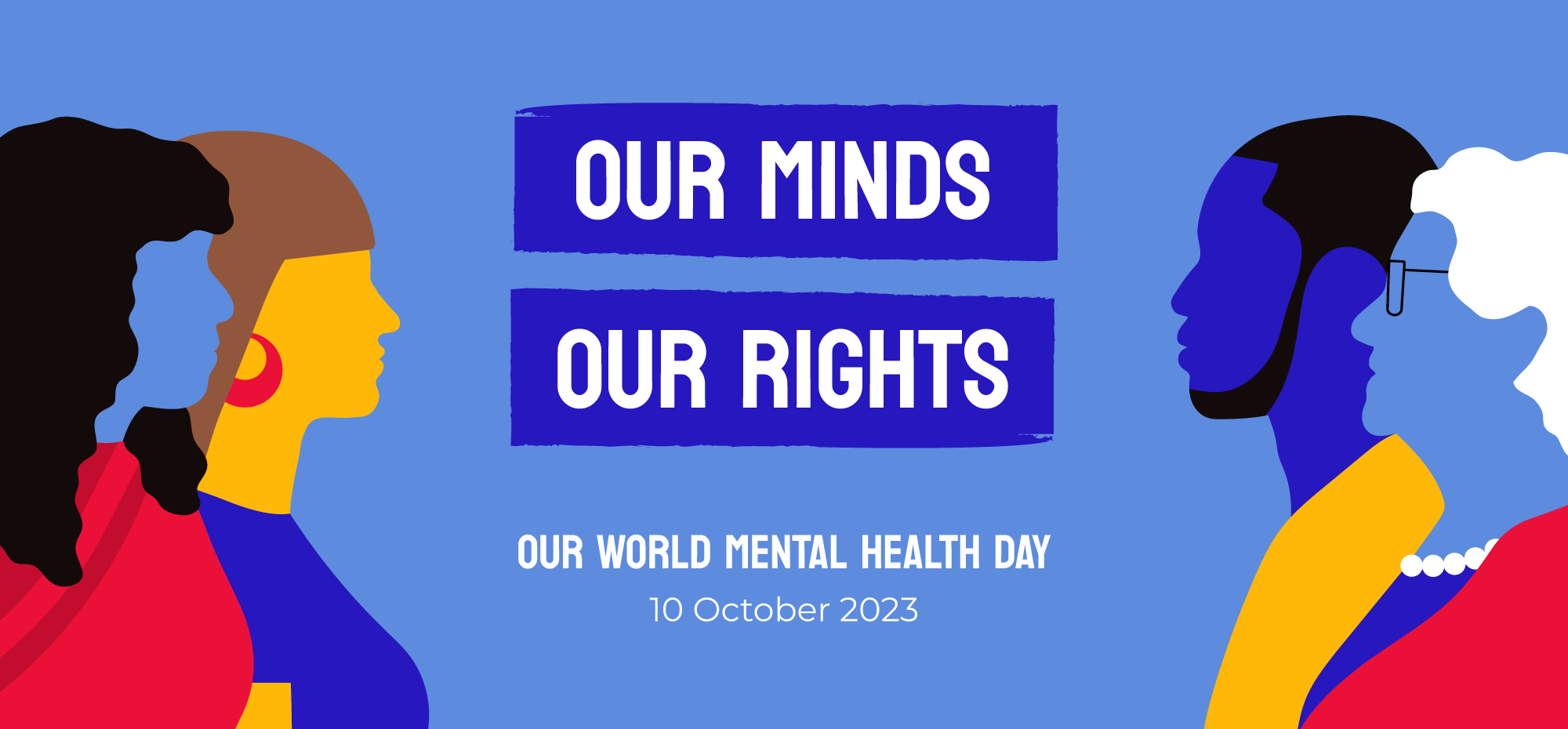
World Mental Health Day, October 10, 2023
Berlin – Many in Iraq and Syria have experienced wars, armed conflicts, the loss of property and loved ones, and their homes. War does not end when the shooting stops, but people deal with their experiences for years to come. The people and their governments are then tasked with building peaceful societies whilst the wars live inside their heads.
Only healthy minds can overcome the past and build a healthy and peaceful community.
Mental health services are not high on the agenda of public health systems in Iraq and Syria. And many still stigmatise mental health illnesses, creating feelings of shame and guilt. This prevents people from seeking professional support.
“Many people do not have access to treatment, medicine, or community resources for managing mental health conditions“, states Dr. Jamal Omer, a psychiatrist with Jiyan Foundation. “This is also due to a lack of resources in their areas.”
Thus, the prioritization of mental health by national and international bodies is of the utmost importance. We need to improve public health education and investment in mental health research and systems. If, like in Iraq and Syria, mental health does not play an essential role in the public health systems, civil society organisations like Jiyan Foundation play a vital role in mental health service provision and capacity building.
Jiyan Foundation for Human Rights runs nine mental health treatment centers, a clinic for Yazidi women and their children (survivors of ISIL), a Healing Garden, and mobile teams supporting survivors in 11 refugees and IDP camps throughout Kurdistan-Iraq, Iraq, and Syria. We offer a range of low-threshold access possibilities for potential clients. Since 2005, these programs have supported over 100,000 survivors of war, terror, gender-based violence, and human rights violations in the region.

Jiyan Foundation for Human Rights runs nine mental health treatment centers, a clinic for Yazidi women and their children (survivors of ISIL), a Healing Garden, and mobile teams supporting survivors in 11 refugees and IDP camps throughout Kurdistan-Iraq, Iraq, and Syria. We offer a range of low-threshold access possibilities for potential clients. Since 2005, these programs have supported over 100,000 survivors of war, terror, gender-based violence, and human rights violations in the region.
We use cookies to improve your experience on our site. By using our site, you consent to cookies.
Manage your cookie preferences below:
Essential cookies enable basic functions and are necessary for the proper function of the website.
These cookies are needed for adding comments on this website.
Google Tag Manager simplifies the management of marketing tags on your website without code changes.